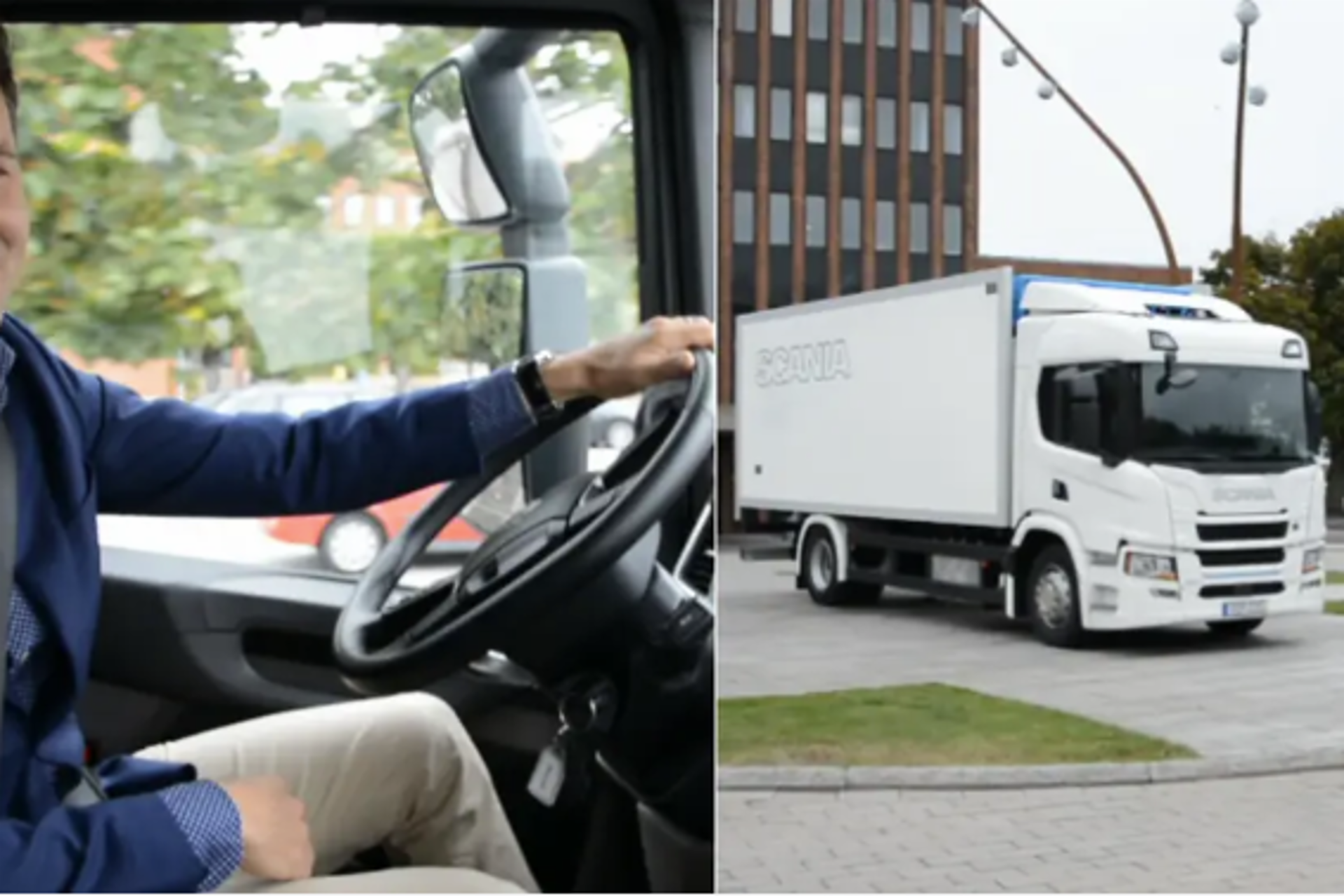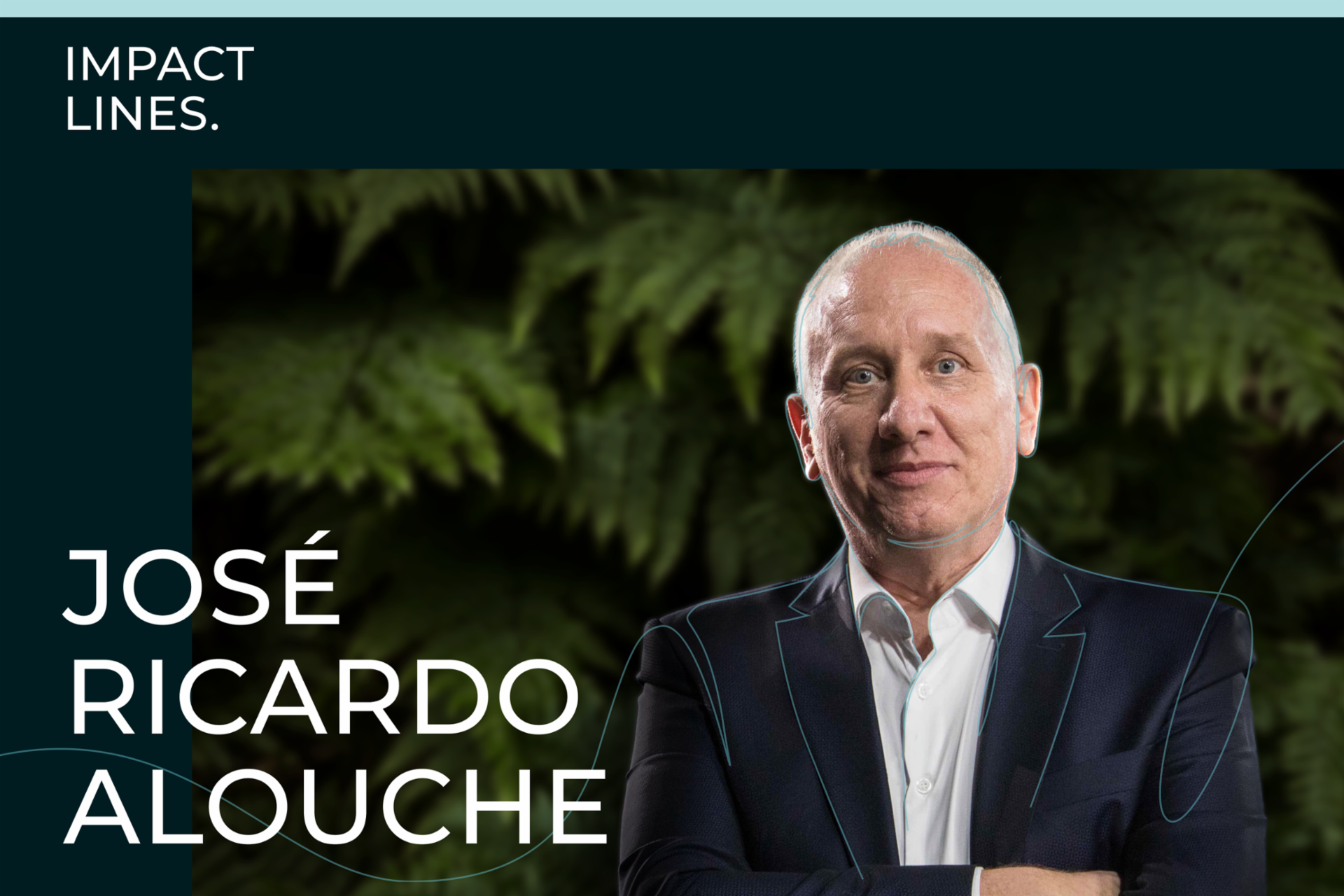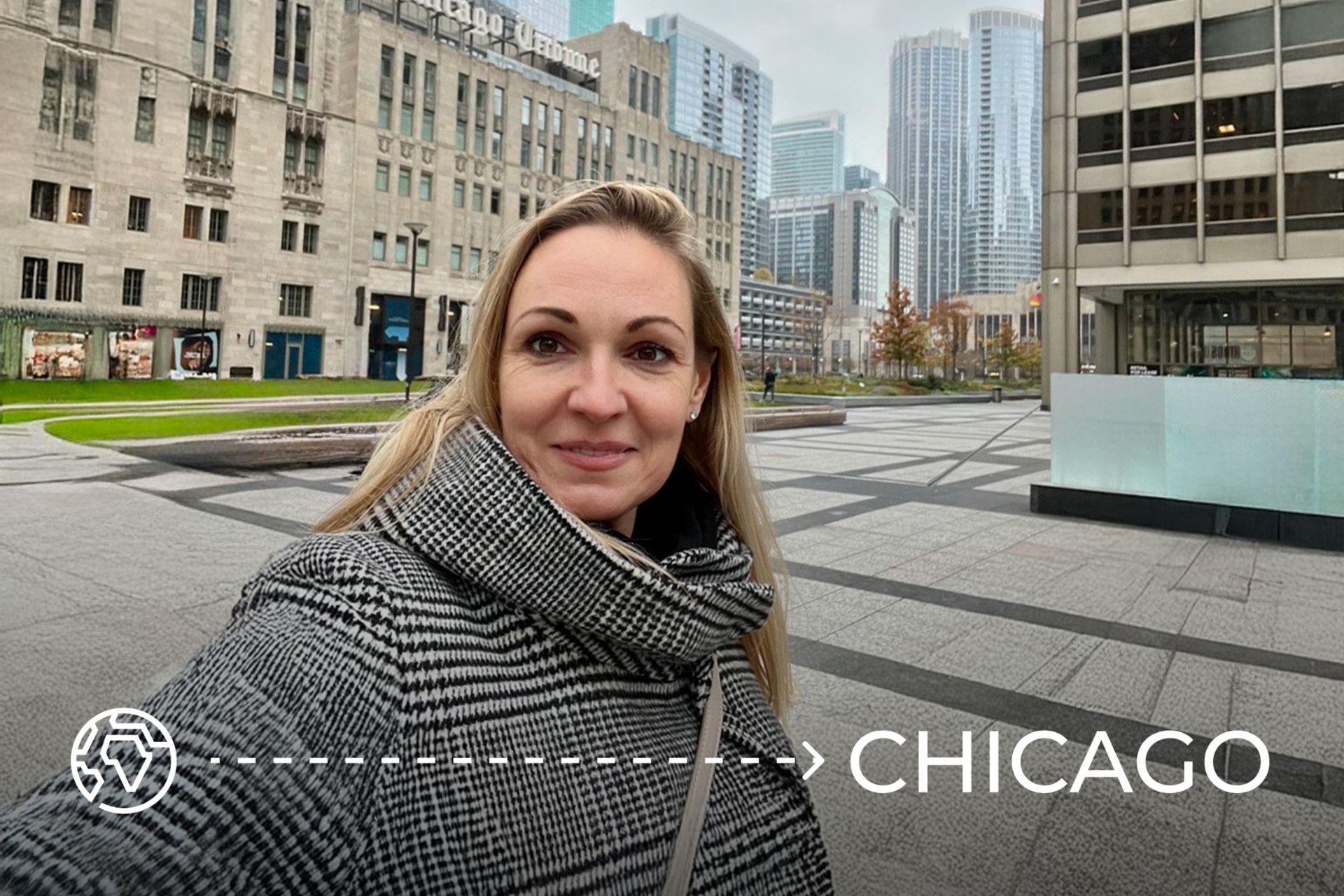Mr. Lampinen, TRATON is already making a significant contribution to tackling climate change with its battery-electric vehicles. What potential does this future technology offer for the electrification of other transport sectors?
We have a clear goal: with our commitment, we are making a major contribution to tackling climate change now and in the future. Our activities build on each other: we started with the brand initiatives at MAN, Navistar, Scania and VW Truck & Bus (VWTB); these are now becoming a Group initiative. By using the knowledge and expertise of the respective brands for the entire TRATON GROUP, we will not only help the climate, but also create added value for our customers. The TRATON GROUP brands are active with their battery-electric drives in all relevant market segments of the transport industry - and they are doing pioneering work here. With a joint effort, we are now investing in the development of components, as well as in complete vehicle projects around the zero-emission powertrains.
So, you’re considering all vehicle segments with this approach?
That's how it is. It starts with us meeting the customer where they are right now. For example, in general cargo transport, food retailing, local public transport, school buses, but also in heavy industry. In other words, wherever it makes sense to travel fully electric from A to B. This is where there is the greatest interest in our products and consequently also the greatest growth potential as well as the greatest impact on climate protection.
Sounds good. But what could be done better at TRATON?
The aim is to use even more synergies to create even more customer benefits. The introduction of the TRATON Modular System is a key factor in this. This will help us ensure that our production processes will be even more efficient and sustainable in the future. TRATON GROUP and its brands Scania, MAN, Navistar and VWTB stand behind the Paris Climate Agreement and are fully committed to further reducing greenhouse gas emissions from commercial vehicles. Until we reach the goal of zero CO2 emissions, there will be carbon dioxide emissions in production, but we are steadily reducing them. All of this is being done gradually, with the goal of building the foundations for the zero-emission goods transport of the future.
What challenges does the electrification of the transport sector currently face overall?
The biggest challenge at the moment is to establish a high-performance charging infrastructure as quickly as possible. Even within Europe, there are big differences in the charging infrastructure for battery-powered trucks: in some countries the conditions are good, in others they are less so. From the perspective of climate protection and the associated electrification, an available and powerful open charging infrastructure is the key to success.
Why do you consider battery-electric commercial vehicles to be the best way to transport goods and merchandise reliably from A to B every day?
This is due to the energy efficiency of all-electric vehicles. From the energy source to the wheel, the energy efficiency of battery-powered commercial vehicles is around 75 percent. In addition, battery-powered vehicles are less maintenance-intensive and repair-prone and have the lowest CO2 footprint compared to other types of drive. Therefore, it is clear: the future of road freight transport is electric.
What role does the platform approach play in TRATON's sustainability strategy? For example, as a hub for knowledge transfer and the exchange of best practices within the group...
By working together at group level, we are expanding our portfolio - and with the help of the TRATON Modular System, we can now electrify applications that would previously have been difficult to implement from the perspective of the individual brands alone. By harmonizing processes and products, we can procure, produce and use individual components worldwide. This allows us to offer our customers more solutions and conserve resources. And our processes become more sustainable overall with the help of the group platform.
What is TRATON's strategy when it comes to setting and achieving sustainability goals?
TRATON is an important player in the transport sector. Therefore, we need to do our part to create a better decarbonized future. For example, by driving the carbon-neutral transport of the future across our brands, having smart sustainable production and becoming pioneers in procurement and recycling, especially when it comes to batteries. That is our strategy. By focusing on sustainability, we are investing in the future.
So future economic success and sustainability are closely linked?
Yes - sustainability and economic success go hand-in-hand in the future. Anyone who does not engage in sustainable solutions now will probably not be as profitable in the future compared to those who engage in this strategy.
What sustainability line does TRATON have at all?
First of all, we are working with our brands to meet science-based climate change targets. TRATON is committed to supporting the Paris Climate Agreement and helping to reduce CO2 emissions. We do this by offering our customers vehicles that emit less carbon dioxide. This way, we are making an important contribution to reducing CO2 emissions worldwide. But it's also about ensuring that our overall footprint from our production sites around the world is in line with these targets. That's what drives us - we want to gradually ensure that we can make our contribution to the Paris Agreement.
What plans are there for TRATON and its brands to minimize greenhouse gas emissions within the group and to optimize resource consumption in production and administration, for example?
Wherever we work on the industrial side, we have programs to make our operations more efficient and sustainable. We are working intensively on the implementation of the circular economy, for example in our packaging material. This is a very high priority at TRATON, because we see that recycling will play a major role in the future. What can be done with a vehicle in its second life cycle? How can batteries be processed before they are recycled? We are focusing on all the areas we can influence directly - and at the same time also trying to work towards creating the appropriate environment so that the conditions for electrification in transport are right.
What are you doing on Earth Day? Will you be riding your bike?
On Earth Day, I will leave the car at home. As a result, I will also cause fewer CO2 emissions. And as soon as the weather permits, I will ride my bike. It’s important that we also support the climate through our smaller individual actions.
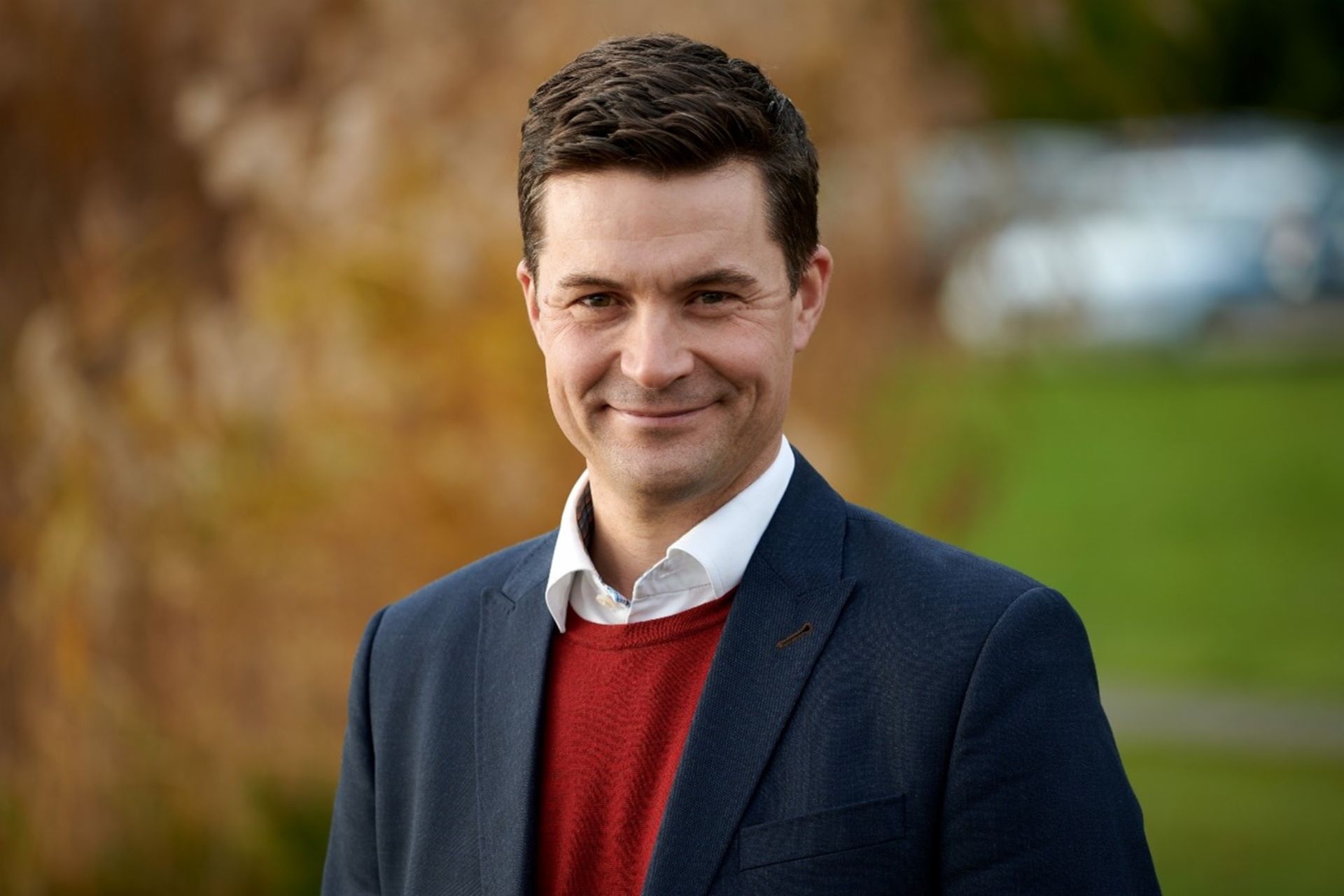
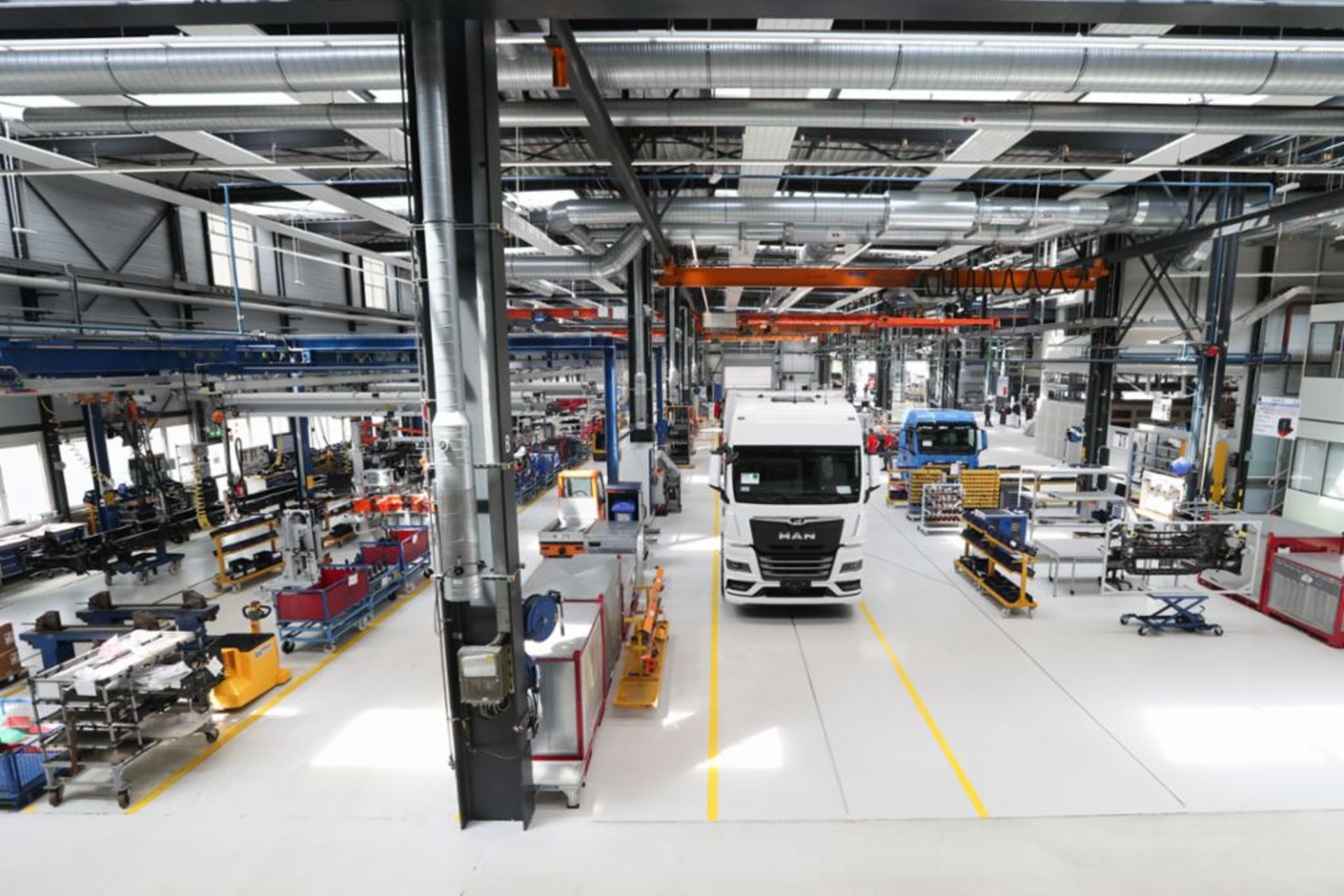
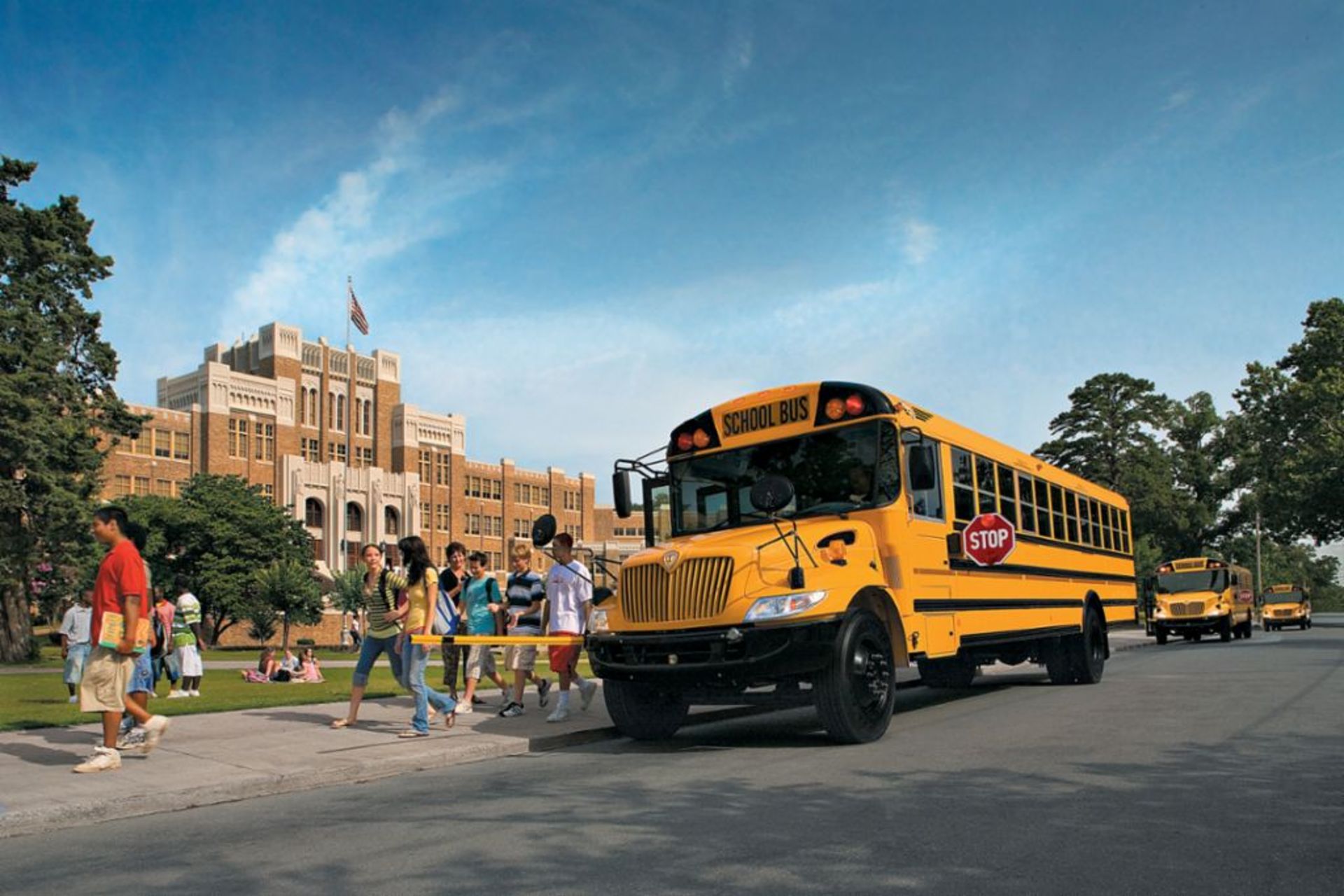
.png)
